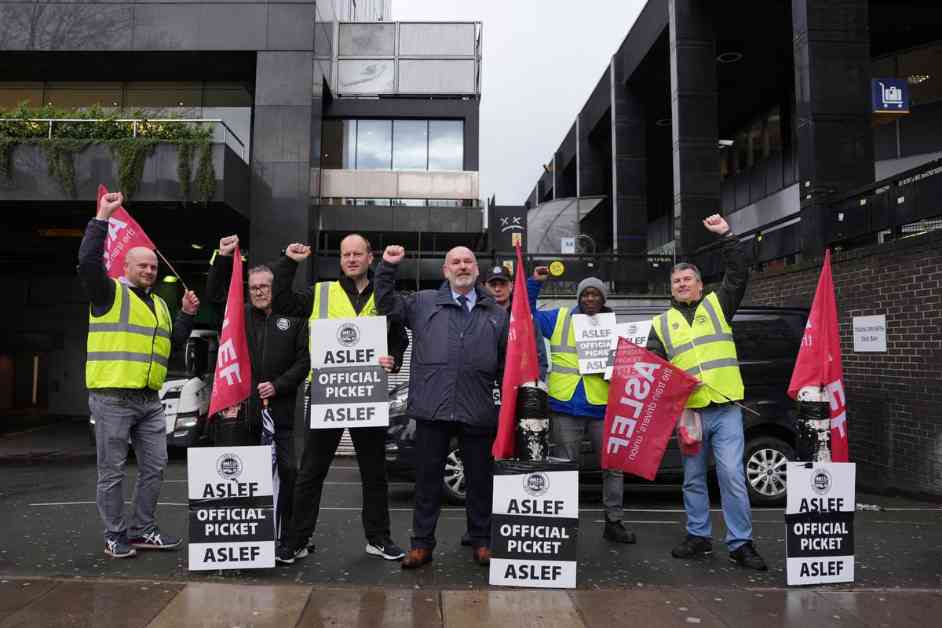Union leaders have praised the recent workers’ rights reforms introduced by Keir Starmer’s government, stating that they shift the balance of power in favor of employees and away from employers. This comes as part of a larger effort to undo anti-union legislation put in place by the previous Tory government. The reforms aim to put an end to exploitative contracts, fire-and-rehire practices, and anti-strike laws that have been harmful to workers for years.
Additionally, the Renters’ Rights Bill, which passed its second reading in the Commons, is being applauded for giving more power to tenants and protecting their rights against landlords. These dual reforms are seen as crucial steps in ending exploitation in the UK and providing much-needed protections for workers and renters alike.
Former TUC president Matt Wrack, who is now the general secretary of the Fire Brigades Union, emphasized the significance of these reforms in improving the lives of public sector workers. He highlighted the banning of zero-hour contracts and the introduction of new rights such as bereavement leave and parental leave from day one of employment as crucial advancements for workers’ rights.
The government’s Employment Rights Bill, which is part of this reform package, aims to boost workplace productivity and economic growth. Deputy Prime Minister Angela Rayner stressed the importance of making work more secure and modernizing workplaces to drive up productivity and improve living standards for working people. This shift towards a more cooperative approach to industrial relations, involving trade unions, employers, and the government, is expected to align the UK with high-growth economies that prioritize cooperation over disruption.
In response to the renters’ reform legislation, Lawhive’s head of legal operations, Daniel McAfee, noted that the ban on ‘no-fault’ evictions would significantly alter the power dynamic between landlords and tenants, offering more protection to renters.
However, not everyone is on board with these reforms. Conservative shadow business secretary Kevin Hollinrake criticized the speed at which the legislation is being pushed through parliament, suggesting that it may have negative economic impacts on jobs and wages. He raised concerns about the influence of trade unions on the Labour Party and the potential consequences of these reforms on businesses and the economy.
Overall, these reforms represent a significant shift towards empowering workers and renters, protecting their rights, and improving workplace conditions. The government’s focus on cooperation and productivity is aimed at driving economic growth and creating a more equitable and sustainable future for all.












